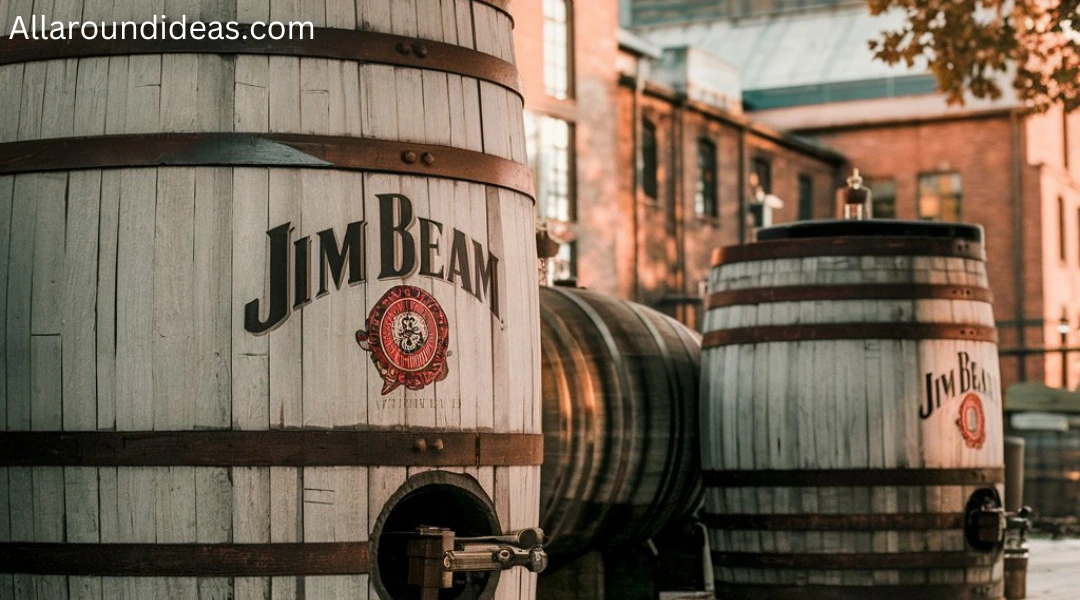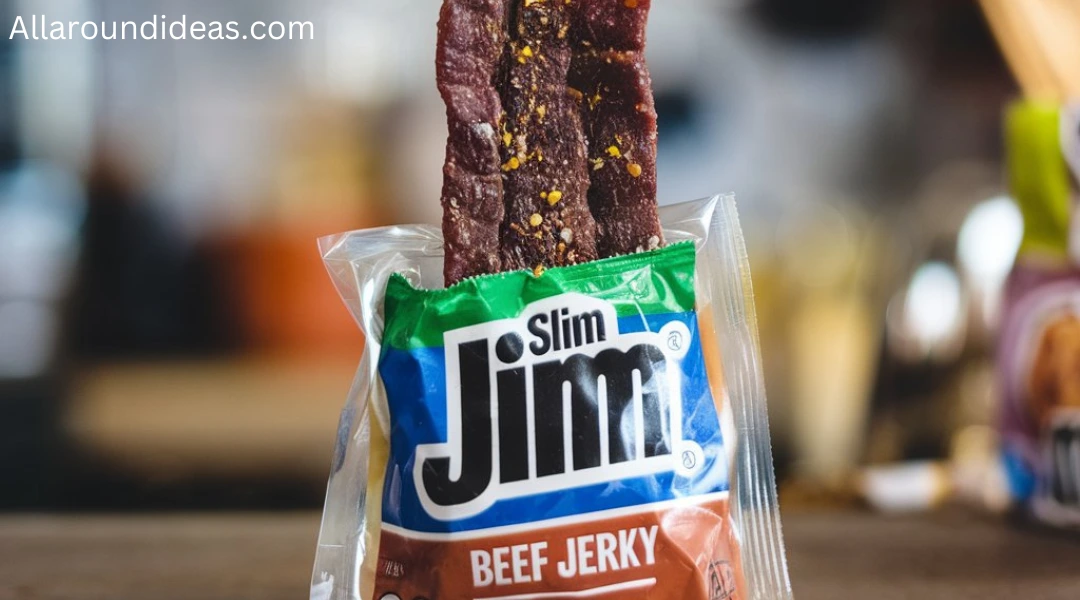Introduction
Jim Beam is more than just a whiskey brand; it represents a deep-rooted tradition in American bourbon production. Established over two centuries ago, it has become synonymous with quality bourbon, achieving a global reputation that few can rival. This article explores the history, production process, product offerings, marketing strategies, and cultural significance of Jim Beam, highlighting its lasting impact on the whiskey industry.
Historical Background
Origins
The story begins in 1795 when Johannes “Jacob” Beam, a German immigrant, started distilling whiskey in Kentucky. His commitment to quality quickly gained recognition, and by 1820, he had sold his first barrel of whiskey, laying the groundwork for a family legacy. Jacob’s distillery operated under the name “Old Tub,” a reflection of its humble beginnings.
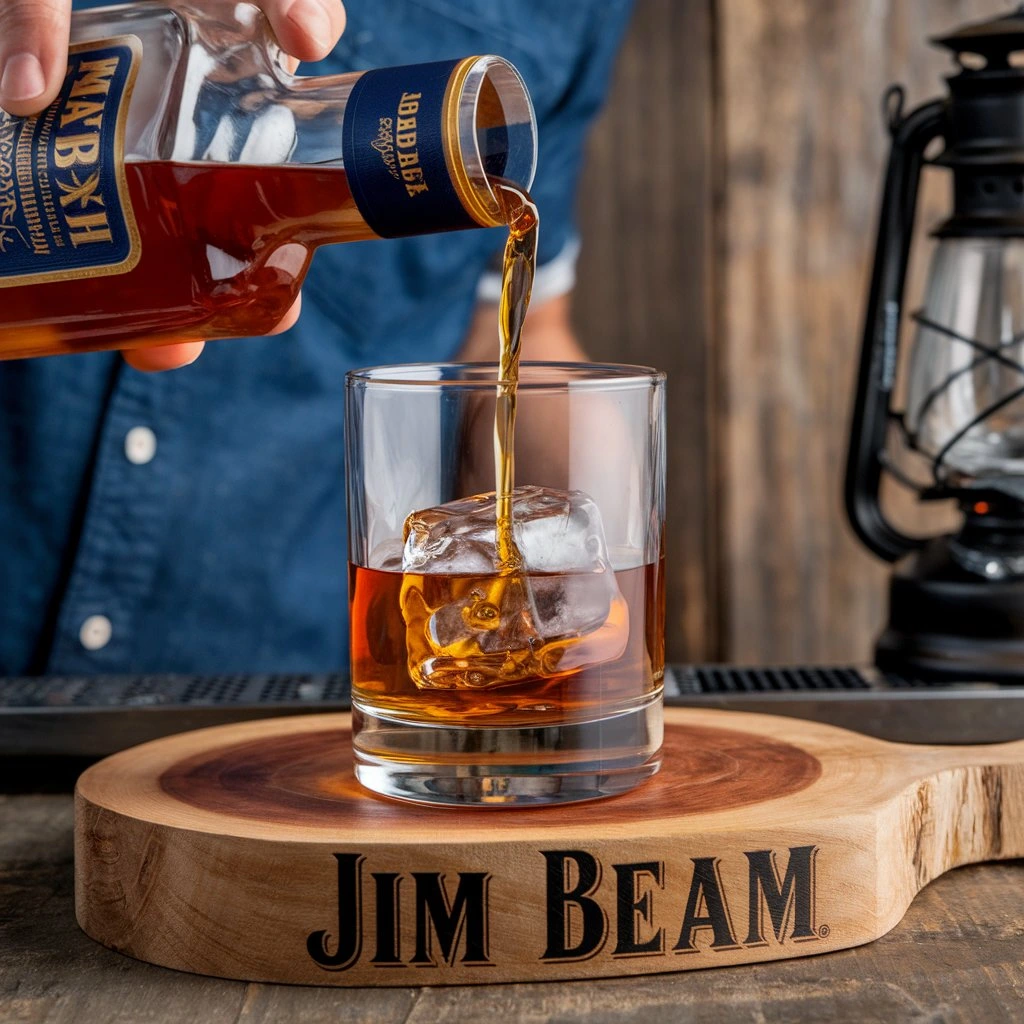
If you want to know something about the Business in Human Performance then check out our previous blog post.
Prohibition and Survival
The Prohibition era (1920-1933) posed significant challenges for distillers across the United States, but it navigated these difficulties by producing whiskey for medicinal purposes, a legal loophole that allowed them to continue operations. After the repeal of Prohibition in 1933, Jacob Beam’s great-grandson, Jim Beam, took over the business. His leadership marked a turning point, revitalizing the brand and establishing its reputation in the post-Prohibition market.
The Production Process
Ingredients
Jim Beam bourbon is crafted using a specific mash bill that typically contains at least 51% corn, along with rye and malted barley. This combination of grains contributes to the distinct flavor profile of its bourbons, characterized by notes of sweetness and a touch of spice.
Distillation
The distillation process at Jim Beam employs both pot stills and column stills. The whiskey is distilled twice to ensure purity and flavor. The clear distillate is then aged in new charred oak barrels, where it develops its rich character.
Aging
Aging is crucial for bourbon production. Jim Beam ages its whiskey in charred oak barrels for a minimum of four years, though many premium offerings are aged for longer. This interaction with the wood imparts flavors such as vanilla, caramel, and oak, contributing to the bourbon’s complexity.
Bottling
After aging, the bourbon is filtered and diluted to the desired bottling strength, typically around 40% alcohol by volume (ABV). This ensures that each bottle maintains the signature quality and flavor profile that Jim Beam is known for.
Product Lineup
Jim Beam Bourbon
The flagship product, Jim Beam White Label, is a smooth and approachable bourbon, making it a favorite for both sipping and mixing. It features a balanced flavor profile with notes of vanilla, caramel, and oak.
Premium Offerings
It has expanded its lineup to include several premium offerings, such as:
- Jim Beam Black: Aged for eight years, this bourbon is richer and more complex, offering notes of dark chocolate and spice.
- Jim Beam Devil’s Cut: This unique bourbon is made using whiskey extracted from the wood of used barrels, resulting in a bold flavor with hints of oak and smoke.
- Jim Beam Single Barrel: Bottled from a single barrel, this premium offering showcases the distinct characteristics of each barrel, providing a unique tasting experience.
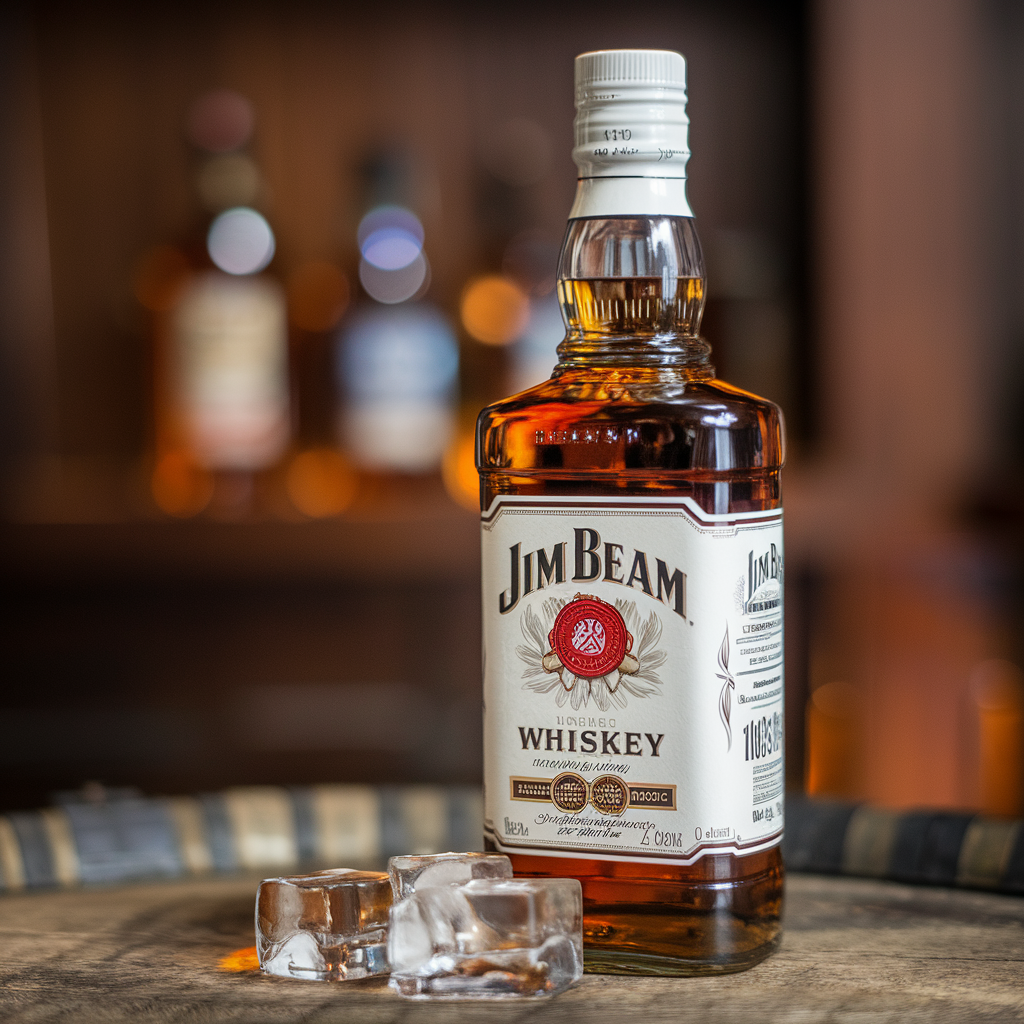
If you want to know something about the Business in Human Performance then check out our previous blog post.
Flavored Bourbons
In response to changing consumer preferences, It has also ventured into flavored bourbons, including Jim Beam Apple and Jim Beam Vanilla. These variations blend the classic bourbon taste with fruit and sweet flavors, appealing to a broader audience.
Marketing Strategies
Branding and Positioning
Jim Beam has effectively positioned itself as a premium bourbon brand steeped in heritage. Its branding emphasizes tradition, craftsmanship, and quality, appealing to both long-time bourbon enthusiasts and new consumers.
Innovative Campaigns
The brand has launched numerous marketing campaigns that resonate with its audience. Campaigns like “Make History” celebrate the brand’s legacy while encouraging consumers to create their own experiences with its products.
Sponsorship and Events
Jim Beam has engaged in strategic sponsorships in music and sports, enhancing its visibility and connecting with diverse audiences. Partnerships with events and artists reflect the brand’s values and commitment to authenticity.
Cultural Significance
The Kentucky Bourbon Trail
Jim Beam is a key player in the Kentucky Bourbon Trail, a collection of distilleries that showcases the state’s bourbon heritage. The Jim Beam distillery offers tours, allowing visitors to learn about the production process, sample products, and immerse themselves in the brand’s history.
Influence on Mixology
Jim Beam’s versatility makes it a favorite among bartenders and mixologists. Its smoothness allows for a variety of classic cocktails, such as the Old Fashioned and Whiskey Sour. As craft cocktails gain popularity, Jim Beam remains a staple in bars and restaurants.
Global Reach
With the rising interest in bourbon, It has expanded its presence internationally. The brand is now available in over 200 countries, making it one of the most recognized American whiskey brands worldwide.
Sustainability and Social Responsibility
As consumer awareness of sustainability grows, It has taken steps to minimize its environmental impact. The company has implemented initiatives to reduce water usage, improve energy efficiency, and promote recycling in its production processes. Additionally, Jim Beam supports responsible drinking campaigns, advocating for moderation and safe consumption.
Challenges and Opportunities
Market Competition
While Jim Beam enjoys a strong position, it faces challenges from an increasingly competitive bourbon market, including the rise of craft distilleries and changing consumer preferences. Established brands must innovate to maintain relevance in this evolving landscape.
Embracing Trends
It has the opportunity to capitalize on trends such as flavored spirits and ready-to-drink cocktails. By expanding its product offerings and exploring new flavor profiles, the brand can attract younger consumers and adapt to shifting market dynamics.
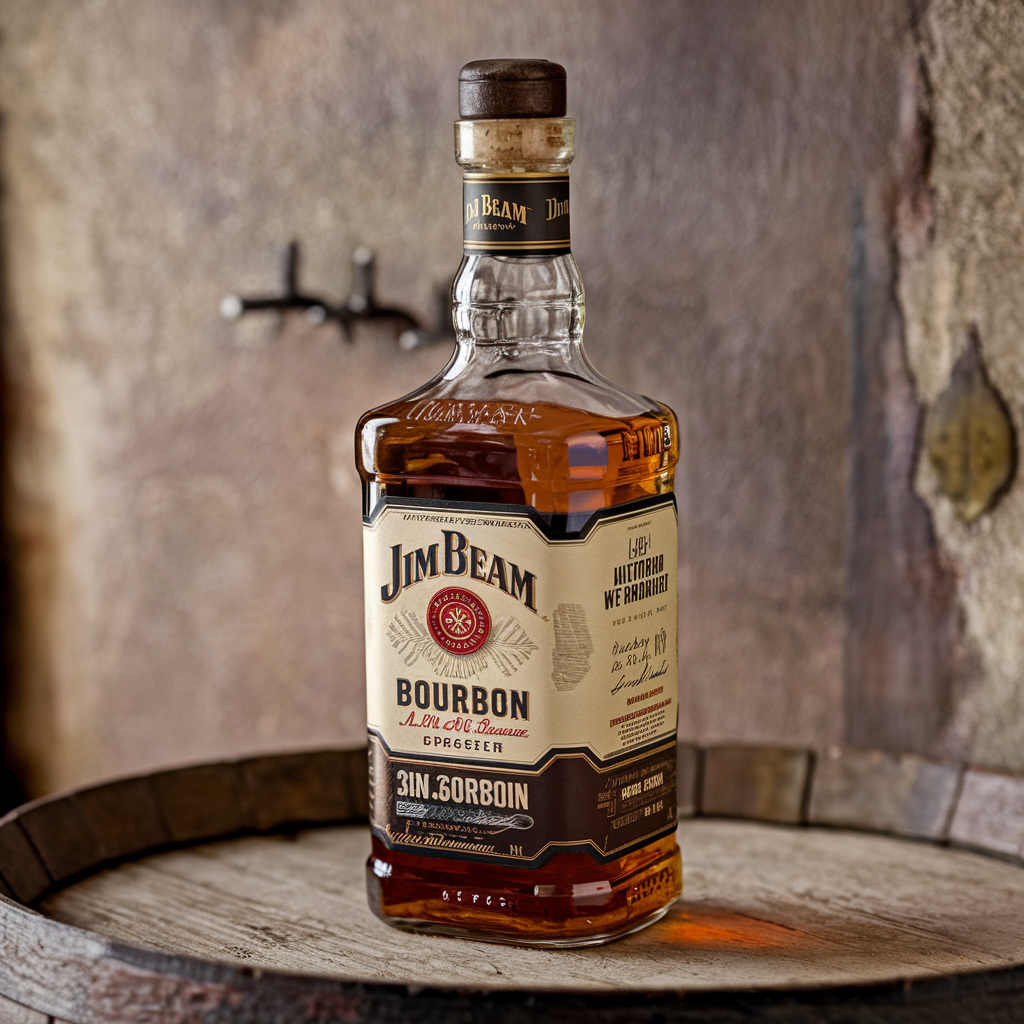
If you want to know something about the Business in Human Performance then check out our previous blog post.
Conclusion
Jim Beam embodies the rich history and enduring appeal of American bourbon. From its humble beginnings in the late 18th century to its status as a global icon today, It has navigated challenges while embracing opportunities for growth and innovation. With a commitment to quality and craftsmanship, It not only preserves its heritage but also shapes the future of bourbon for generations to come. As it continues to thrive, Jim Beam remains a quintessential part of the American whiskey narrative, celebrated for its legacy and its role in the evolving landscape of spirits.
